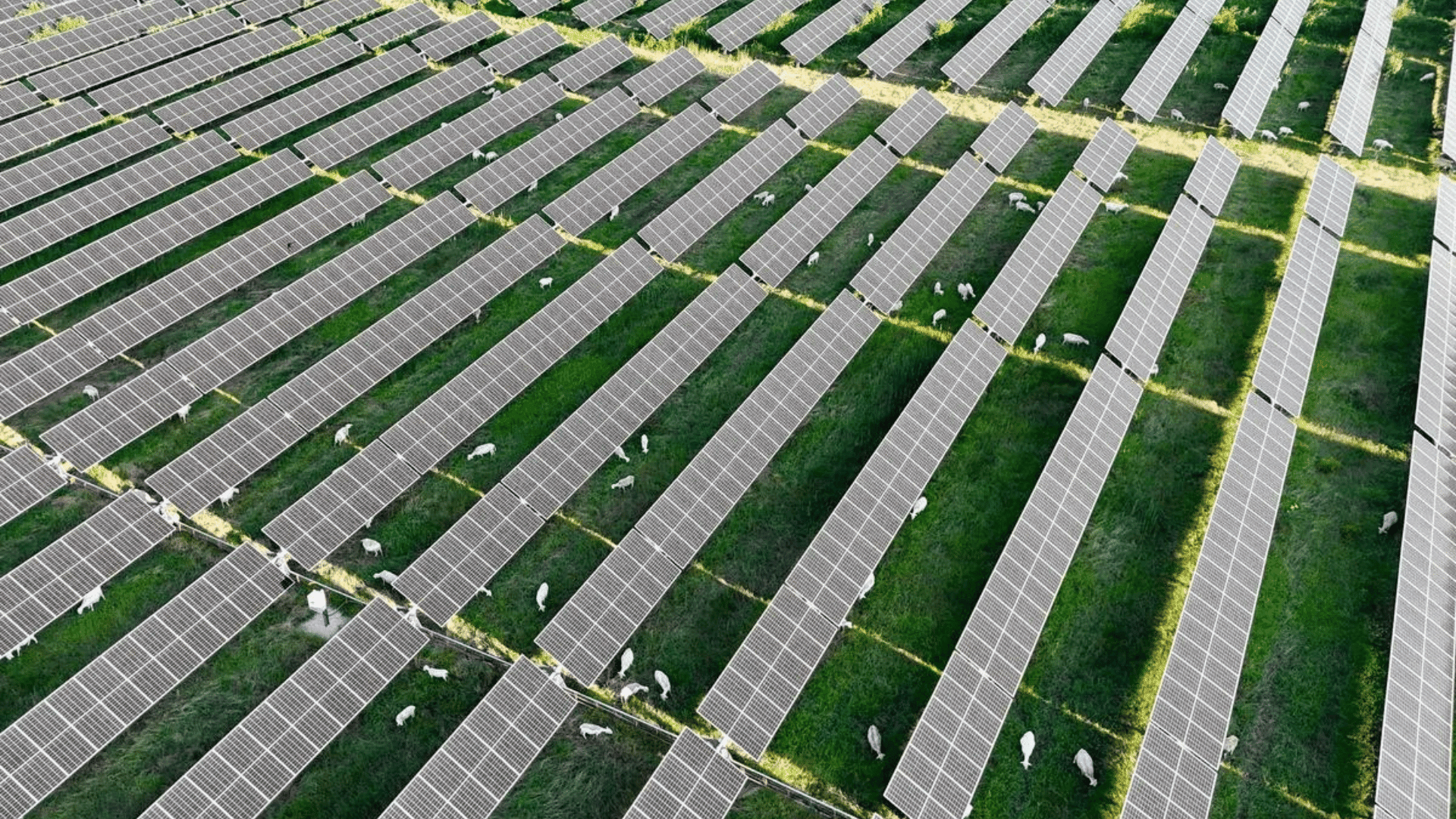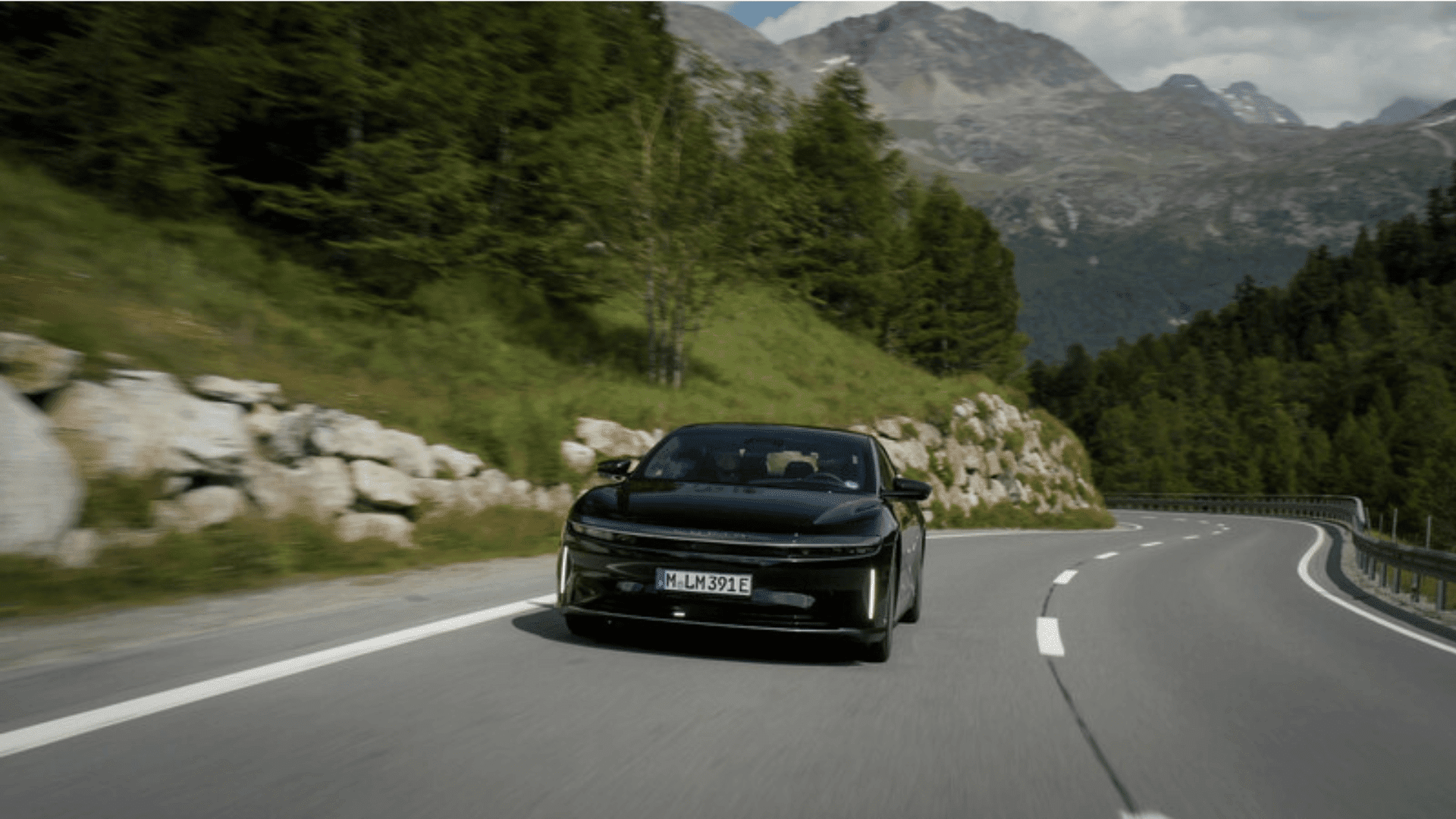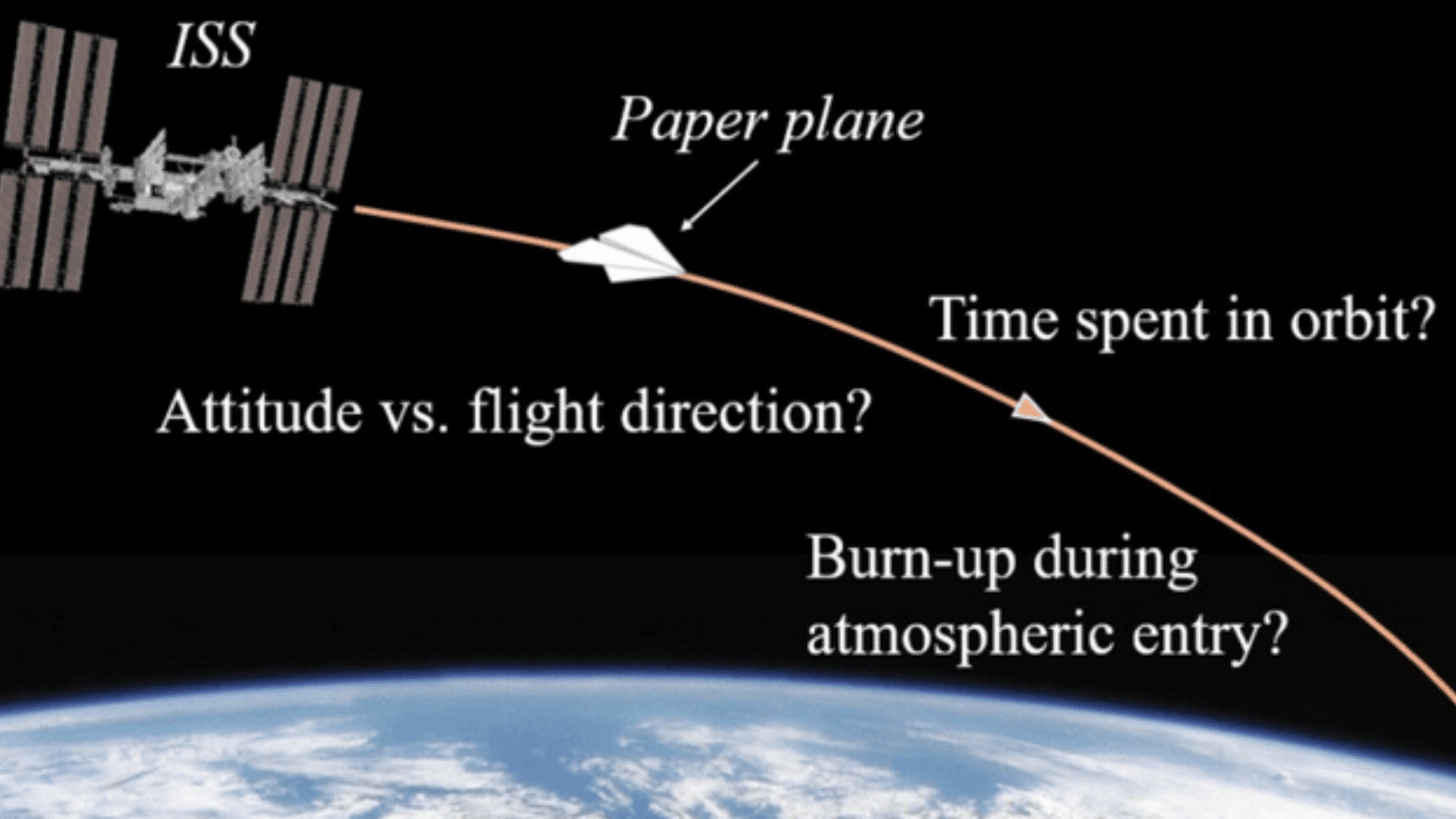Over 6,000 sheep will be unleashed onto eight solar plants in Texas to trim away access vegetation over more than 10,100 acres of land. According to renewable energy operator Enel North America, which is partnering with Texas Solar Sheep LLC to facilitate the project, this will be the largest solar grazing agreement in the US to date.

The solar panels keep the shade off of the sheep as they graze during hot days. This method reduces the need for herbicides and fossil-fueled powered mowers to control vegetation. Additionally, their manure fertilizes the soil, and they disperse seeds using their wool and hoofprints.
Enel has also reported that this method benefits soil health. After they tried solar grazing in Minnesota, their sites had improvements in organic matter of over 200 percent.
“By prioritizing sheep grazing for land management, we demonstrate how solar and agriculture can coexist while ensuring optimal performance of our solar facilities. Additionally, our sheep grazing commitment supports ecosystem services and the local economy,” said Marcus Krembs, head of external relations and sustainability at Enel North America, in a statement.
Agrivoltaics is the practice of using land for solar energy and agriculture simultaneously. The ranching company currently has 19 different solar sites and around 12,000 sheep.
“Solar grazing is at the forefront of a booming agrivoltaics industry, and we are seeing more and more leaders in the solar industry investing in long-lasting partnerships with farmers and creating new opportunities for American agriculture,” added Kevin Richardson, Outreach Director at the American Solar Grazing Association.
Additionally, this type of farming is cheaper and less likely to damage solar panels than mowing. Solar grazing could provide a new revenue stream for sheep herders while benefiting the environment.
“This saves us money. It’s an efficient way to do this. It’s great for the environment, but it also helps our bottom line. And so it’s a win-win for us,” Jesse Puckett, director of sustainability projects and community affairs at Enel, told Fast Company.







